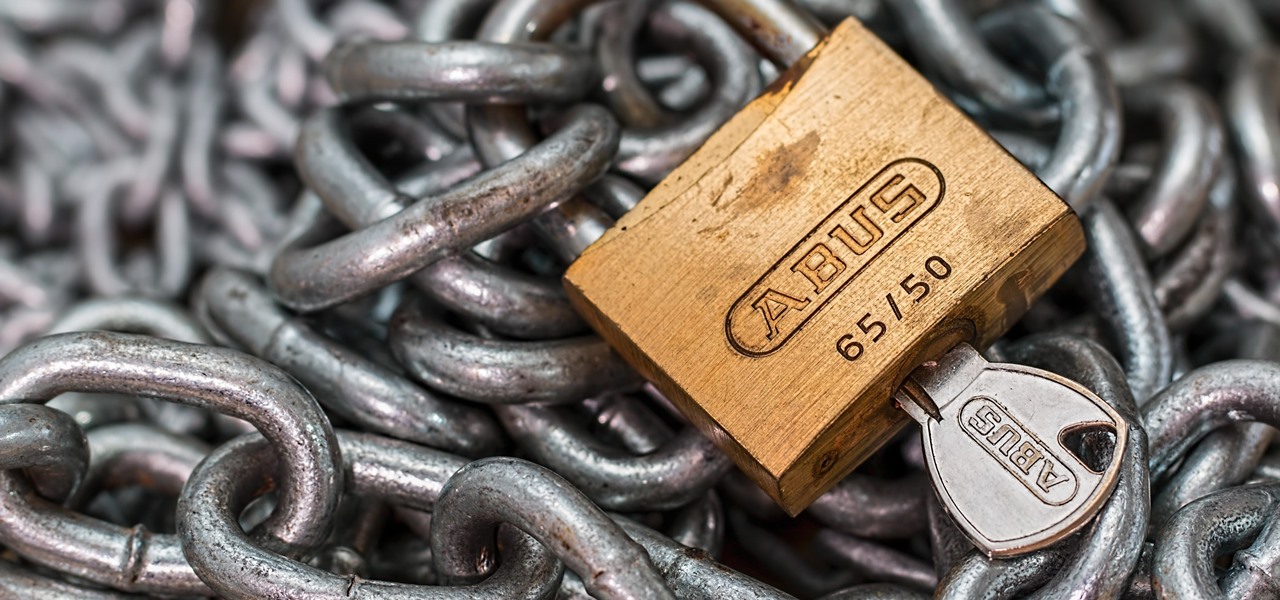


PPTP is fast partly because its level of data encryption is weak by today's standards. The strength of this protocol is its speed: It features extremely fast connection speeds. Point to Point Tunneling Protocol - better known as PPTP - is one of the oldest versions still in use today. Some protocols are outdated and may not provide data encryption that is strong enough to deter online snoops so it’s a good idea for you to work with a VPN provider that relies on the strongest possible tunneling protocol. The strength of a tunnel depends on the type of tunneling protocol your VPN provider uses. Not all VPN tunnels are equally effective in protecting your online privacy. Hiding your IP address and encrypting the data you send and receive is a powerful combination to help keep your online browsing sessions private. When you enable this added layer of protection, hackers, businesses, governments, or others won't be able to track what sites you visit, files you download, videos you stream, or online games you play. When your data is encrypted, it is scrambled so snoops can’t intercept and decipher it. That’s why VPN providers take one more step to encrypt the data you send and receive while you are online. Using a VPN alone may not be enough to protect your online privacy, though.

It’s as if your VPN provider has built a tunnel around your online activity, providing a barrier between it and everyone else. In essence, when you click on links or download files from a site, no one will know it’s your activity. Instead, they'll see the IP address of your VPN provider, helping to protect your privacy. When you then start searching online, the websites you visit and your own internet service provider - ISP, for short - won't see your IP address. The VPN is the key to hiding your IP address and shielding your online activity from snoops.īefore visiting websites, you'll log into your VPN provider’s service. To connect to the internet through a VPN tunnel, you'll first have to sign up with a virtual private network service, better known as a VPN. How? A VPN tunnel connects your smartphone, laptop, computer, or tablet to another network in which your IP address is hidden and all the data you generate while surfing the web is encrypted.īy connecting to websites through a VPN tunnel - and not directly - you can help keep businesses, government bodies, hackers, or other snoops from tracking your online activity or viewing your IP address - which, like your actual address, identifies your location - while you’re online.Ī VPN tunnel is useful when you’re logging onto the internet using public Wi-Fi at hotels, coffee shop, or library. A VPN tunnel is an encrypted link between your computer or mobile device and an outside network.Ī VPN tunnel - short for virtual private network tunnel - can provide a way to cloak some of your online activity.


 0 kommentar(er)
0 kommentar(er)
